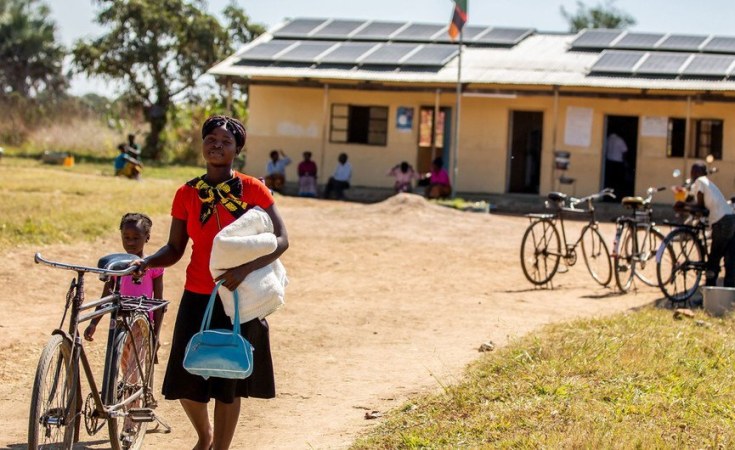UN independent human rights experts on Monday said they were deeply concerned over delays in reaching an agreement on the restructuring of Zambia's debt and its corresponding negative human rights impact on peoples' lives there.
"We are worried that despite positive reforms undertaken by the Government of Zambia, the delays in sovereign debt restructuring compromise its ability to mobilise and maximise resources for the full realisation of human rights, as per its obligations under international human rights law," the independent human rights experts said.
Roadblocks to economic reform
In August 2022, Zambia secured a 38-month Extended Credit Facility of $1.3 billion from the International Monetary Fund (IMF).
At the end of its first review of this programme on 6 April 2023, the IMF recognised the country's progress, based on significant structural, fiscal and other reforms.
However, extended delays on debt restructuring pose real risks and the potential for setbacks, including with respect to the country's economic transformation agenda and aspirations for improved standards of living across Zambia.
The Human Rights Council-appointed experts said that while social spending had increased, economic dividends stemming from sustained reforms and debt relief will go much further in expanding opportunities.
According to a 2022 UNDP report, more than 54 low and middle-income countries face critical debt distress and need urgent relief. The experts urged the Official Creditor Committee for Zambia, to aim for and share a concrete timeframe for the conclusion of its deliberations.
"One of the major reasons for this delay in debt restructuring is the lack of a globally coordinated multilateral sovereign debt mechanism that places traditional and private lenders at an equal footing," the experts said.
"Despite the proactive steps taken by Zambia, undoubtedly the delay will affect the efficacy of the credit facility programme. There is a window of opportunity in 2023 to enable Zambia and its people to consolidate recent successes and all of Zambia's partners must step-up," they said.
Calling on relevant stakeholders
The experts are in dialogue with relevant stakeholders, including private lenders, concerning the impact of the unsustainable sovereign debt level on the country's ability to ensure the realisation of human rights for all.
Special Rapporteurs and other rights experts are appointed by the UN Human Rights Council, which is based in Geneva. These independent experts are mandated to monitor and report on specific thematic issues or country situations. They are not UN staff and do not receive a salary for their work.


